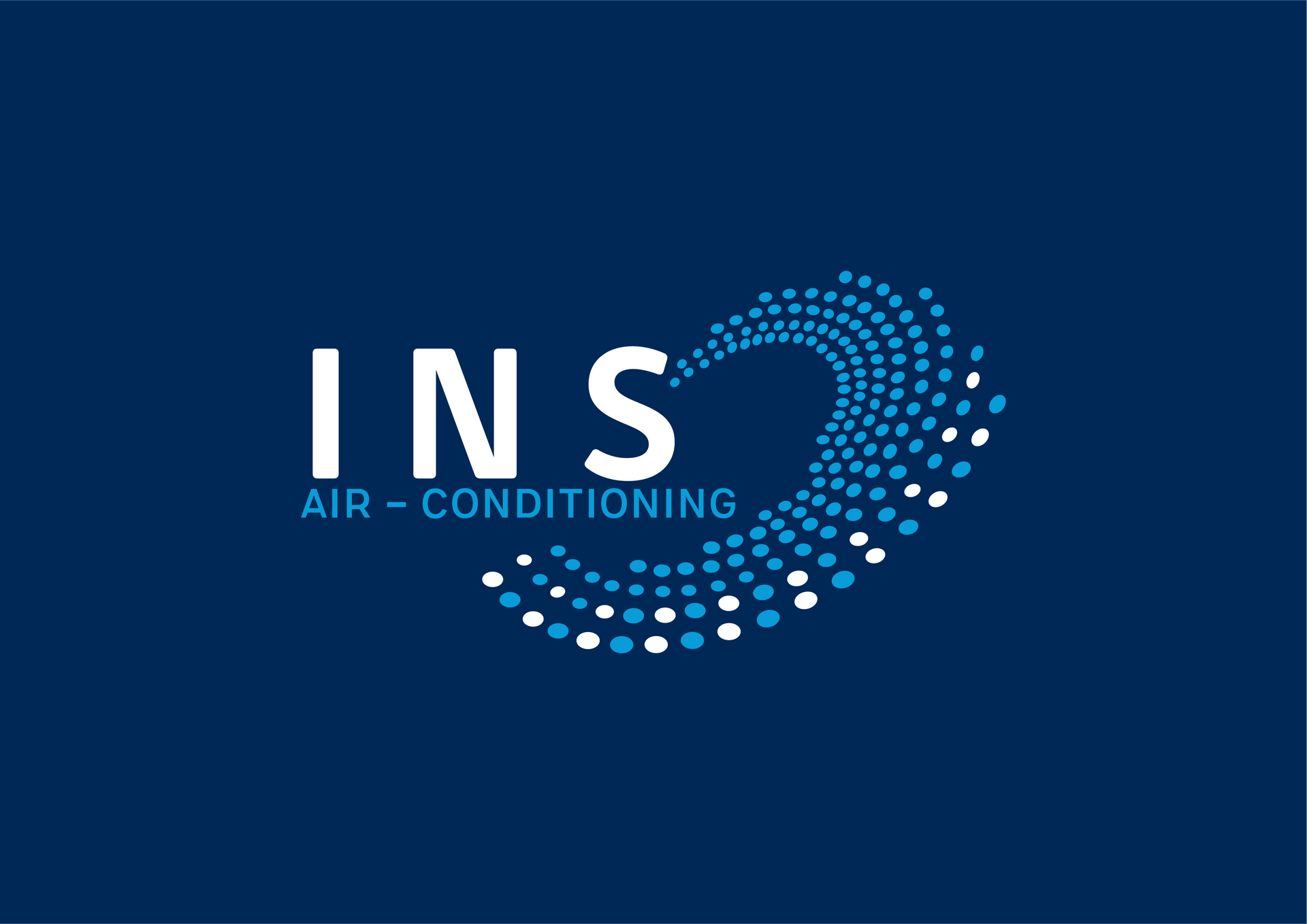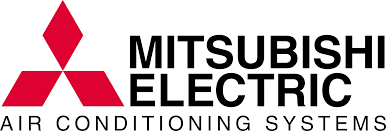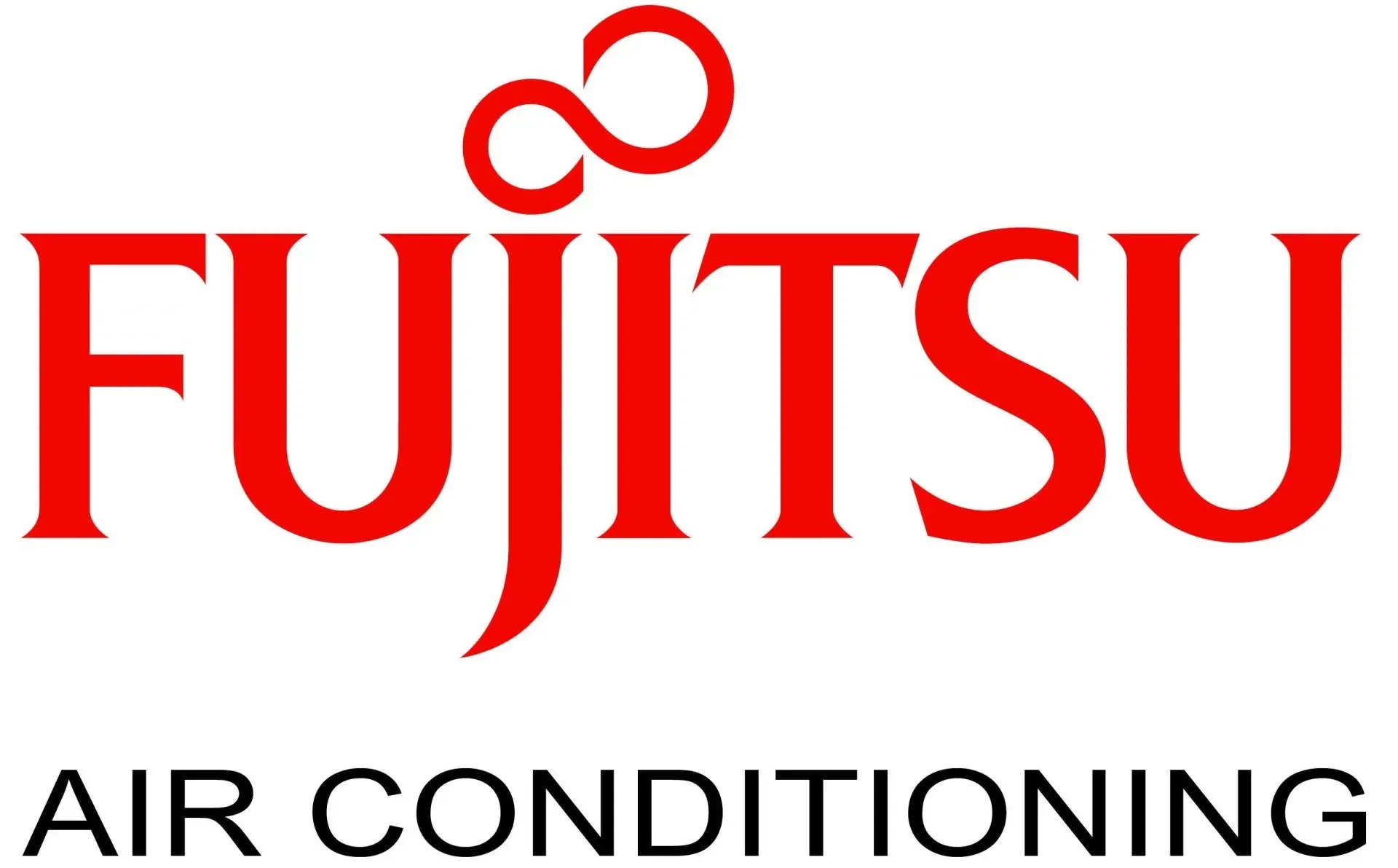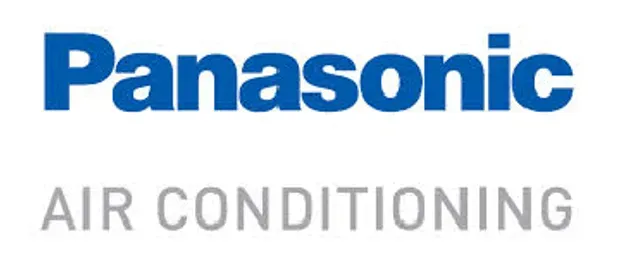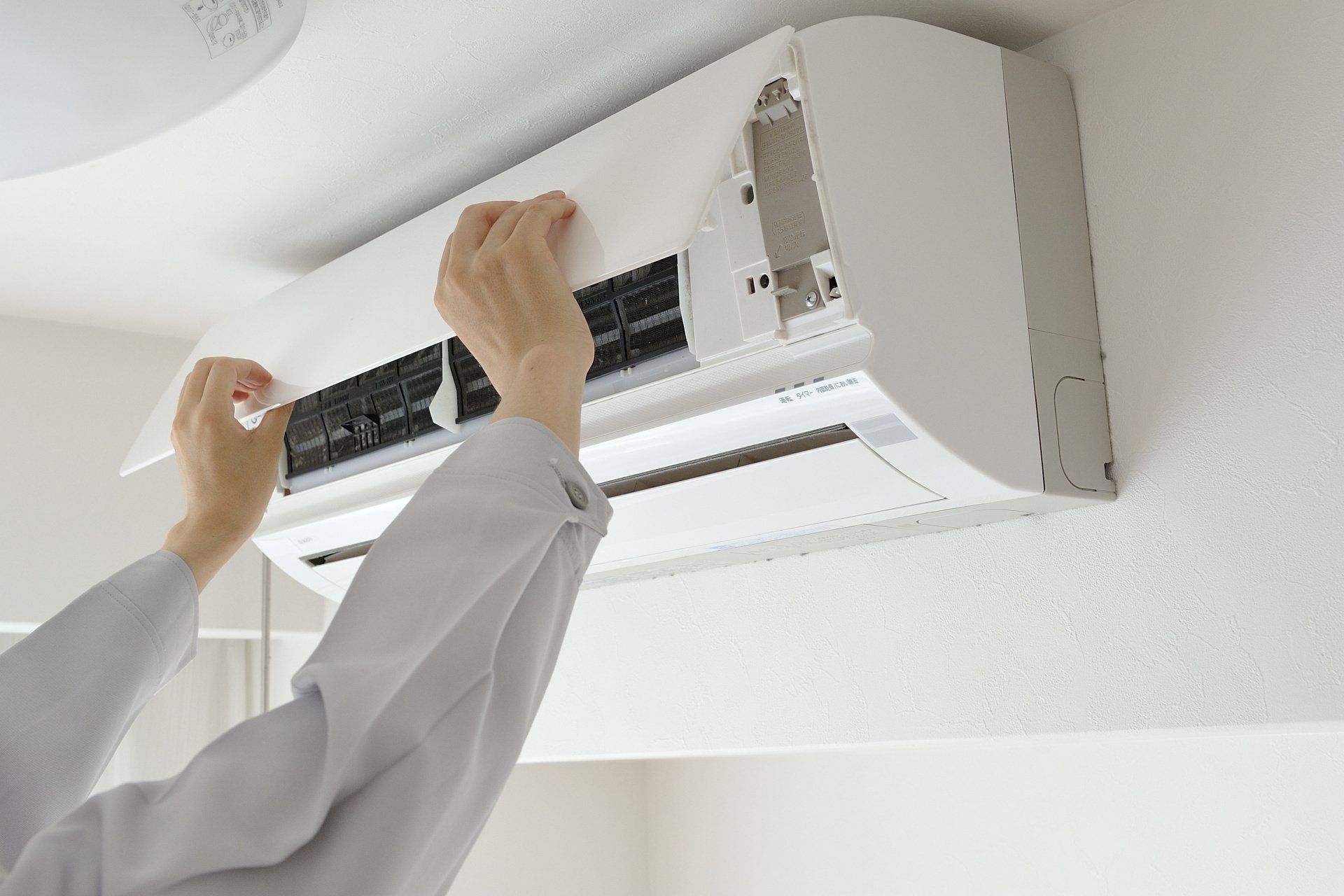Heating and Cooling Systems for Embassies in London
Embassies are an integral element of London's international society, representing nations from around the globe and providing a variety of diplomatic services. Therefore, they require high-quality heating and cooling systems to ensure a secure and comfortable environment for personnel, guests, and key diplomatic occasions. In this article, we will examine some of the issues and alternatives for heating and cooling systems at London embassies.
Location and Climate
The location and climate of an embassy can significantly influence the selection of heating and cooling equipment. The weather in London may be erratic, with hot summers and freezing winters. It is essential to select a system that can withstand these temperature extremes while simultaneously providing energy savings and economic effectiveness. A heat pump system can be used for both heating and cooling. Heat pumps function by extracting heat from the air or the ground and transferring it to the inside. In the summer,
heat is taken from the interior and transported to the exterior to provide cooling. Heat pumps are a popular option for London embassies since they are highly energy-efficient and can deliver significant cost savings over time.
Security Considerations
When selecting heating and cooling systems for embassies, particular security issues must be taken into account. It is essential to adopt technologies that do not compromise security or privacy while offering a comfortable atmosphere for employees and guests. A ducted system is one option for heating and cooling in embassies. Ducted systems transfer warm or cooled air throughout a building via a network of ducts. These devices can be discrete and unobtrusive, reducing the danger of security or privacy breaches.
A split system, which consists of a wall-mounted interior unit and an outdoor unit, is another alternative. These systems are simple to install and may be operated independently in each area, providing for greater personalization and versatility.
Maintenance and Repairs
The maintenance and repair of heating and cooling systems is a crucial concern for any embassy. Frequent maintenance helps to ensure that systems are working effectively and identifies possible issues before they escalate. It is crucial to consider the availability of maintenance and repair services when selecting
heating and cooling systems. A reputable and skilled air conditioning company with experience in embassy installations is able to provide regular maintenance and repairs to keep systems in working order.
Conclusion
Embassies in London require high-quality heating and cooling systems that can adapt to the city's fluctuating climate and provide a secure, pleasant atmosphere for diplomats, visitors, and key diplomatic functions. Popular alternatives for heating and cooling in embassies include heat pumps, ducted systems, and split systems; however, it is essential to select energy-efficient solutions that do not compromise security or privacy.
INS Air Conditioning
can provide skilled and dependable heating and cooling systems for your embassy in London. With over 24 years of experience offering installations, breakdowns, and maintenance services of the highest quality in London, we have the expertise and experience to deliver the best solutions for your embassy's needs.
Call us immediately for additional details and to discuss your heating and cooling needs.
